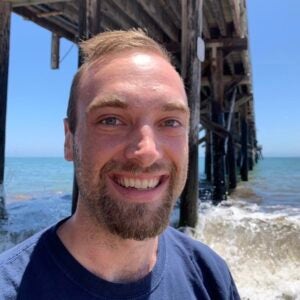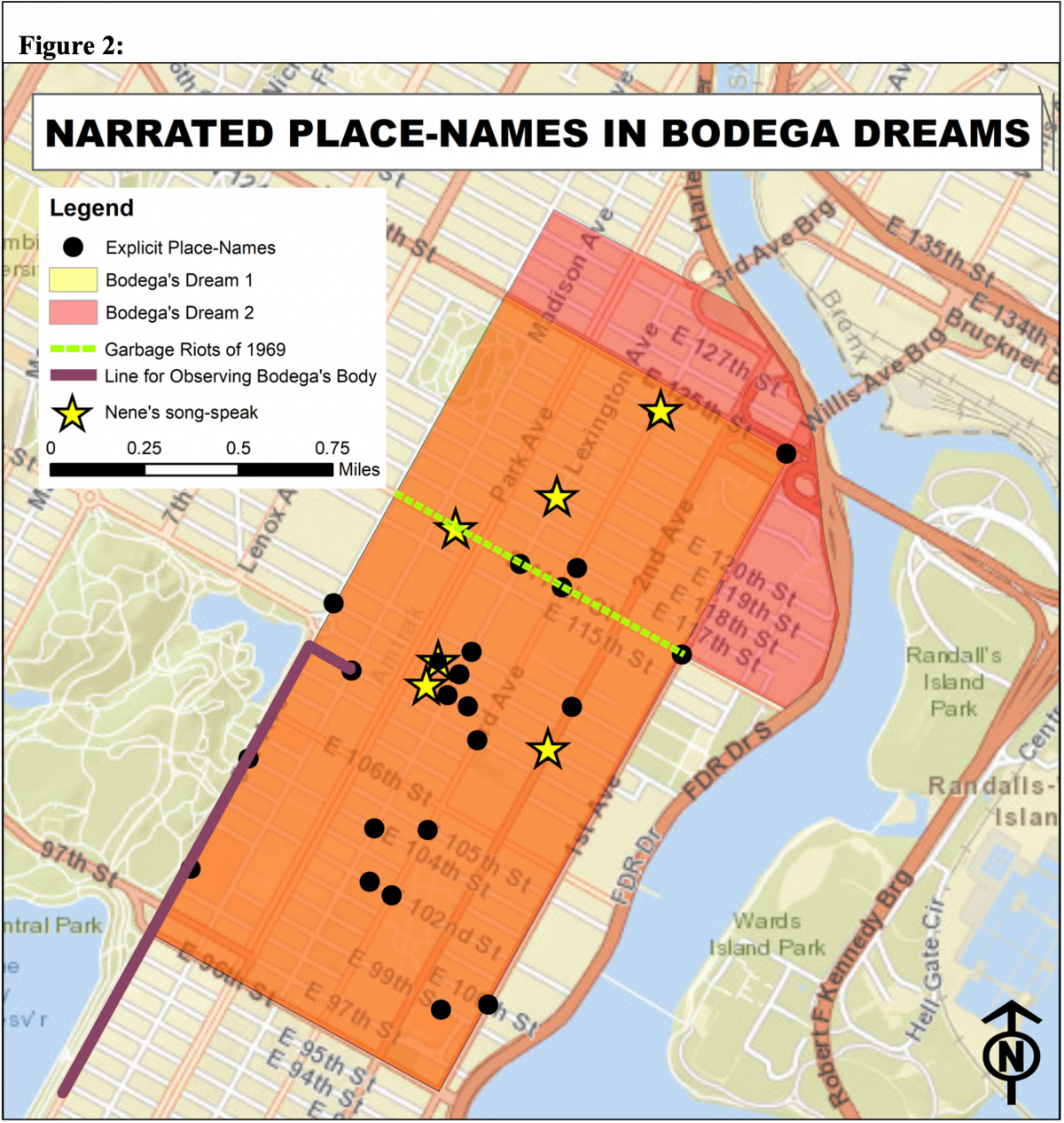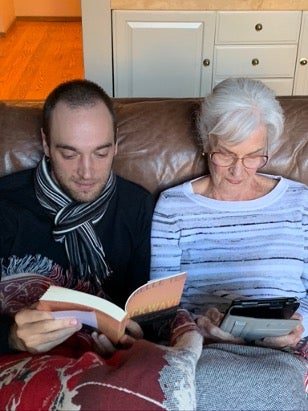
Samuel Teets – English
The USC Dornsife Ph.D. Academy supports Dornsife Ph.D. students to help them thrive during each year of their Ph.D. program. The Ph.D. Academy wants to highlight the amazing students that are a part of our unique community.
This month’s student spotlight is on Samuel Teets, a fourth-year Ph.D. candidate in the Department of English. We had the chance to ask Samuel about his scholarship and experiences in the Ph.D. Academy.
Samuel also graciously shared a Google Drive link for First-Year Ph.D. students, which includes his video performance titled Passages, the raw data he is acquiring and analyzing as part of his Summer 2022 research, and applications from the last two Ph.D. Summer Grant Funds.
What is your current scholarship focus?
I research race, gender, and sexuality in 20th and 21st century American works of literature. I focus on how authors write performances – especially dance – into texts to present different ways of thinking, moving, and being in the world. When readers encounter dance in textual forms, we work different “muscles” than the ones we use in everyday life or even the ones we have been taught to use by social and cultural institutions. My dissertation argues that Black and Latinx writers use these textual dances to challenge dominant narratives and forms of racialization and to imagine and practice life-affirming ways to build and maintain identities and communities.
How has your experience in the Ph.D. Academy help you as a Dornsife Ph.D. student? In what ways did the Ph.D. Academy impact or help your scholarship or research?
At several events, we have discussed the importance of establishing working relationships with people in and out of one’s field of study. The Ph.D. Academy has been invaluable to my research by exposing us to specialists from a wide array of disciplines and providing us with the space to get to know and learn from one another. Specifically, my first year at USC I informally met a speaker before the Ph.D. Academy panel and learned research tools and techniques that totally changed the way that I thought about my work. (My deepest gratitude to Dr. Amy Braden and to USC’s Humanities in a Digital World program. For those of you in the humanities, I would highly recommend attending the Digital Humanities Summer Boot Camps, if you can.)
Besides expanding my professional network, the Ph.D. Academy programming has also materially helped out my scholarship through the Scholarship and Research Fund. Applying for the fund gave me the opportunity to put into practice skills we’ve discussed throughout the Ph.D. Academy curricula (such as grant writing tips and tricks, scholarly budgets, or explaining your research to a wide array of audiences), and it financially gave me the opportunity to conduct research I otherwise couldn’t in the Summer of 2021.
Could you share a few of your other interests and passions?
My creative practice strongly informs my research as a contact improvisation dancer. When I’m not dancing, reading, or writing, I lesson plan for the CORE 112 class I’ve designed called Dance, Dance Revolution; volunteer for USC’s Visions and Voices; and play board games and Dungeons & Dragons with my friends.
Linked here are two of my latest choreographic works/conference presentations: Passages (2021) and I Wanna Be Ready Too Mr Ailey (2020). With the help of the one and only Beau MacDonald, this image is a map I made at a Digital Humanities Bootcamp on Arc GIS for a project I am working on about Ernesto Quiñonez’s Bodega Dreams. It maps out the text’s place names with respect to one character’s idiosyncratic performances across Spanish Harlem.

What is one piece of advice you received as a Ph.D. student that has stayed with you throughout your studies thus far?
The most helpful (and difficult!) advice that has stuck with me throughout my career at USC has been to write every day. In the past, I thought the people who advised me to write every day didn’t struggle with putting pen to paper and spun golden thoughts off the top of their noggin the second they began to work. I’ve since learned that writing takes discipline. The real work of thinking happens when you find your way into ideas you didn’t have when you first sat down to write. It’s daunting to not immediately know where you’re going or how all the pieces fit together, but the most important advice that I have received was to try and write it out anyway.

Caption by Samuel Teets: “Researching with my grandma”